Scandalous Covid betrayal of trust, pandemic inquiry report finds
Draconian Covid-19 measures were not justified after the initial wave of the pandemic and fuelled an erosion in trust in governments and mental health damage to children, a landmark inquiry has found.
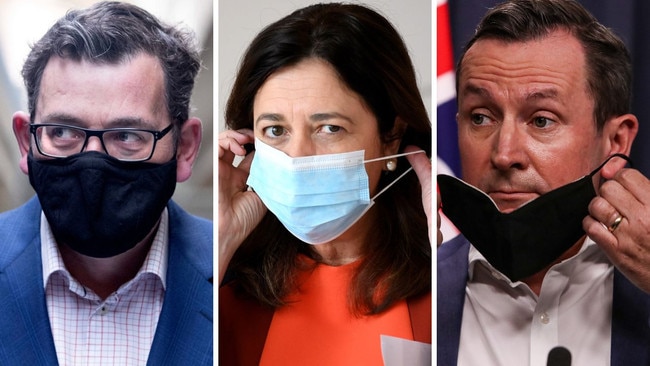
Draconian Covid-19 measures including state lockdowns, border closures, school shutdowns and vaccine mandates were not justified after the initial wave of the pandemic and fuelled an erosion in trust in governments and mental health damage to children, a landmark inquiry has found.
Australia is even less prepared for a pandemic than it was ahead of the onslaught of Covid-19 in 2020 because the health system has not recovered and the public is unlikely to follow restriction guidelines from governments, it warned.
In a forensic assessment of Australia’s Covid-19 response, unilateral decisions of the states around lockdowns, curfews, the shut down of schools and playgrounds and state border closures were highlighted despite the Albanese government directing the independent panel not to include them in their scope.
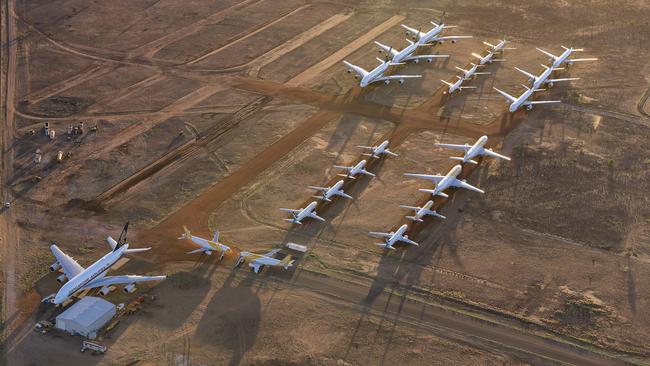
The 868-page report from the panel, led by retired senior public servant Robyn Kruk, noted the states closed schools – which had a significant impact on the mental health of children – despite the peak decision-making body for public health emergency management not recommending the measure.
The report said Australians backed lockdowns in the initial stages of the pandemic but felt “restrictive measures became increasingly inappropriate over the long term and were too heavy-handed and controlling”. “There was a lack of compassion and too few exceptions based on needs and circumstances,” it said.
“Any future public health emergency response should consider fairness and proportionality when implementing and enforcing restrictive measures, especially beyond the alert phase when more evidence‑based approaches are advisable.”
While Health Minister Mark Butler declared the report didn’t seek to scapegoat people who were seeking to act in the best interests of the country, Jim Chalmers moved to politicise the inquiry by seizing on the “big mistakes” of the Morrison government that he said elevated inflation.
The report into the Commonwealth’s Covid-19 response was initiated by Anthony Albanese last year and lashed at the time after states and territories – particularly Daniel Andrews’ Victoria, Annastacia Palaszczuk’s Queensland and Mark McGowan’s Western Australia – were thought to have been given a free pass for harsh lockdowns and restrictions.
It provided 26 recommended actions, including 19 to be prioritised in the next 12 to 18 months and seven in the longer term.
The government announced on Tuesday that it would invest $251.7m to deliver Australia’s Centre for Disease Control to ensure the country had a national organisation bringing together critical information and experts to deliver coherent, timely, trusted health advice to improve health outcomes for everyone.

“As the unity of Australia’s response dissipated, so too did Australians’ trust,” it said. “A backlash against stringent measures began, supercharged by the length of the pandemic, the disproportionate impacts of the virus and response measures across the community, and the broader social and economic impacts on people. Overall, the panel is concerned that we are now less prepared to deal with future shocks, because of the toll Covid-19 has taken on our people, health and economic systems, institutions, and trust.”
The report criticised state governments for going further than the national cabinet approach led by Scott Morrison, particularly savaging unilateral border closures championed by Mr McGowan. “Different approaches being taken across the states and territories also led to distrust,” it says.
“While different approaches across states and territories could be appropriate where local conditions or different population risk profiles demanded them, some differences were not easily explained, and no rationale was provided.
“This included the operation of state border closures that states enacted unilaterally and that lacked consistency and compassion in implementation.”
Despite Labor refusing to criticise the actions of the McGowan government in the midst of Covid-19, which were popular among many locals, Mr Butler said there was not a proportionate shift away from harsher measures as the pandemic progressed “to a position that was more evidence based … that balanced risks and benefits, took account of non-health impacts of decisions being imposed on the community by governments, by leaders, and did so in a proportionate way”.
The Treasurer – who during the pandemic wanted the eligibility for JobKeeper extended and $300 payments for Australians who were fully vaccinated – said a substantial economic response was warranted but pointed to modelling in the report that found extended policy support, which didn’t always move in line with health advice, meant peak inflation was at least 2 percentage points higher than it could have been. “The report says, and I quote, ‘There was excessive fiscal and monetary policy stimulus provided throughout 2021 and 2022 especially in the construction sector, combined with supply-side disruptions, this contributed to inflationary pressures coming out of the pandemic’,” Dr Chalmers said.
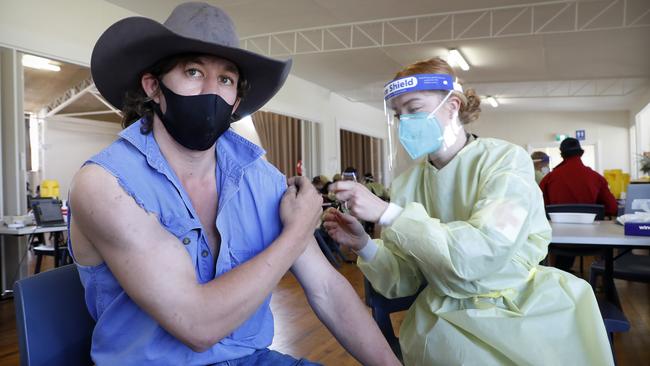
“We saw some very good ideas badly implemented and poorly targeted. Labor called for and supported programs like JobKeeper, but we were very, very clear at the time that the support should have been rolled out faster and that it should have been better targeted.”
As Peter Dutton seeks to win back support in Western Australia, the Opposition Leader did an about face and praised the McGowan government’s response to Covid-19 – whose long border closures were criticised by the Coalition – and dismissed the report as a political hit job.
“If Labor had their way at a federal level, there would have been an extra $81bn that was spent (during Covid-19),” Mr Dutton said. “We saved lives and we saved livelihoods and I think Australians should be proud ultimately of what happened here in WA.”
The report found blanket access to superannuation wasn’t an appropriate policy response and in future existing financial hardship processes should be relied upon, while the Homebuilder program created excess demand in an industry facing supply constraint.
The three-person panel, which included infectious diseases epidemiologist Catherine Bennett and economist Angela Jackson, said national cabinet’s refusal to be more transparent about the advice it used to inform decisions damaged public trust. And Australians experienced restrictions on freedoms and human rights, which arose from quick decisions that initially lacked clarity, transparency and avenues for review or appeal.
Former Liberal treasurer Josh Frydenberg said Australia’s Covid response was world-leading and the number of jobs saved was much higher and the rebound much faster than in other comparable economies.




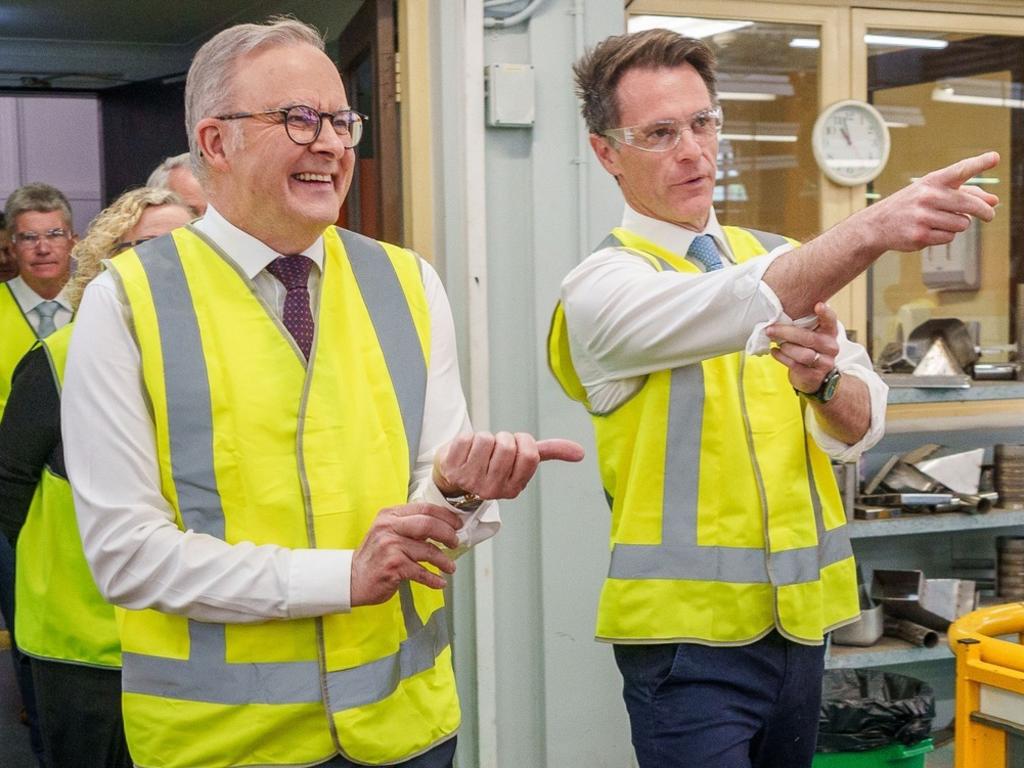

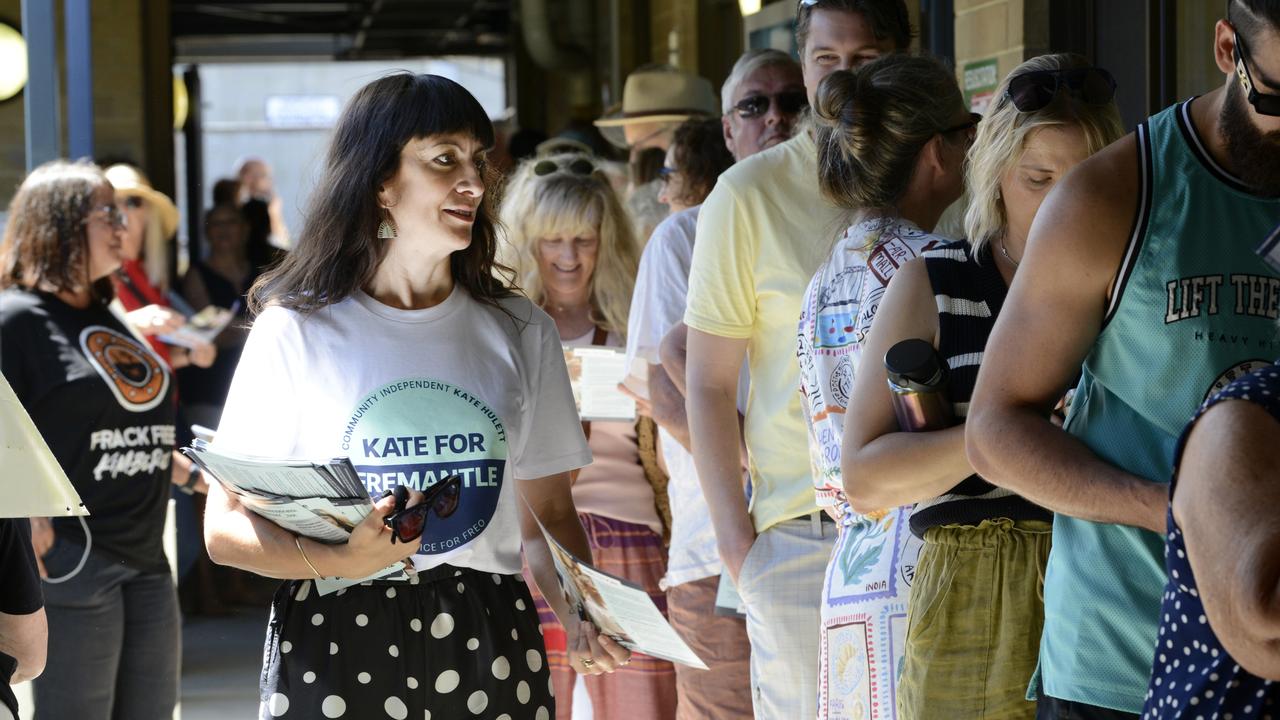

To join the conversation, please log in. Don't have an account? Register
Join the conversation, you are commenting as Logout